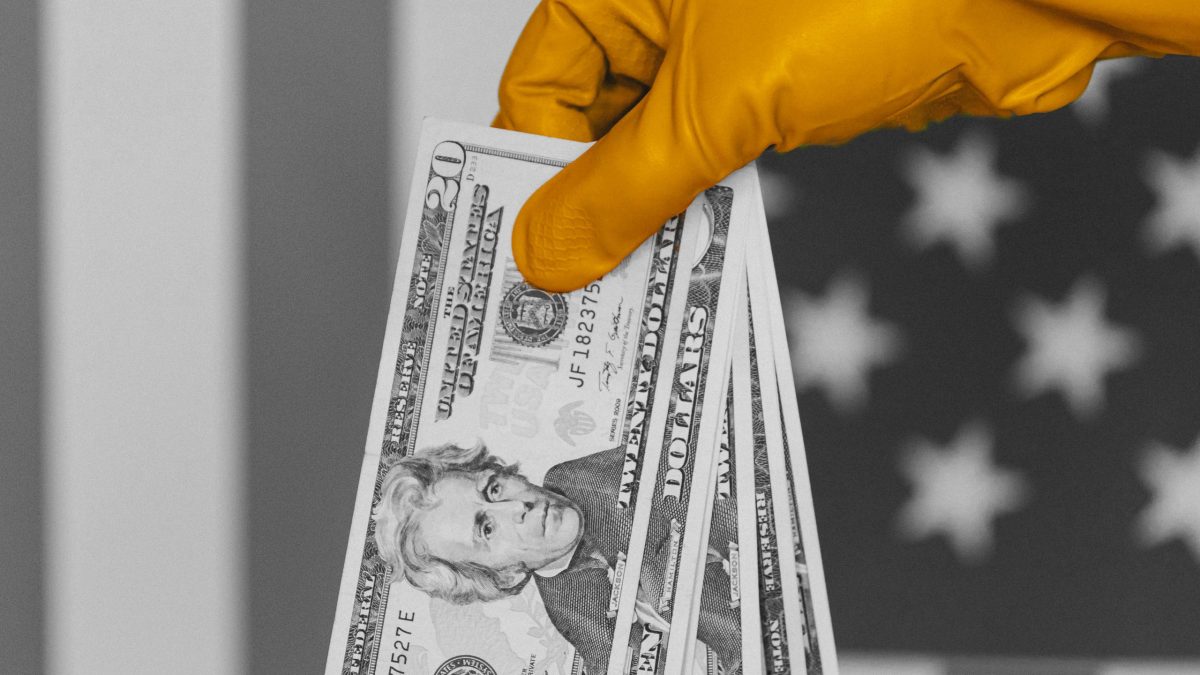Under section 1106(i) of the CARES Act, the amount of a loan forgiven under the Payroll Protection Program (PPP) is excluded from taxable income. A loan may be forgiven under the PPP Program if the proceeds are used towards eligible payroll costs, interest on covered mortgage obligations, covered rent obligation payments, and covered utility payments paid during the covered period of February 15,2020 through December 31, 2020 (referred to as “covered expenses” in this article).
In May, IRS released controversial Notice 2020-32 (“May Notice”), declaring that no deduction is allowed for expenses paid or incurred that result in the forgiveness of the PPP loan. The May Notice did not clarify the practical operation of disallowance of deductions for the covered expenses; such as the mechanics that would apply if the covered expense were paid/incurred (otherwise deductible) in 2020, however the loan forgiveness was not approved until 2021.
In November, the IRS issued Revenue Ruling 2020-27, expanding on the May Notice to clarify:
- If the covered expenses are paid/incurred in 2020, and the taxpayer reasonably expects forgiveness of the PPP loan, then such expenses are nondeductible in 2020 to the extent of the forgiven amount.
- The loan forgiveness application does not need to be approved during 2020 for the operation of #1 to apply, as long as the taxpayer reasonably expects their PPP loan to be forgiven eventually, upon approval of the submitted application. In other words, 2020 expenses will still be disallowed.
- The loan forgiveness application does not need to be submitted prior to the end of 2020 for the operation of #1 to apply, as long as the taxpayer reasonably expects the loan to be forgiven when the application is eventually submitted. In other words, 2020 expenses will still be disallowed.
The IRS also issued Revenue Procedure 2020-51, which provides a safe harbor for deducting covered expenses under the PPP Loan, if the taxpayer’s loan application is denied or the taxpayer declines to apply for forgiveness. If a taxpayer’s loan application is denied in 2021, or the taxpayer decides to irrevocably not to seek loan forgiveness in 2021, the taxpayer may deduct the covered expenses on a timely filed/extended 2020 tax return, an amended 2020 return, or an administrative adjustment request for 2020. Further, a taxpayer may choose to deduct the expenses in 2021 instead. To utilize one of these options under a safe harbor, the taxpayer must attach a statement to the respective tax return that includes the deduction. The safe harbor is limited to the principal amount of the covered loan that is denied or no longer pursued for forgiveness.
Although the mechanics of the disallowance of covered expenses have been clarified, technical issues with the IRS guidance remain as of the date of the publishing of this article, such as:
- Does the IRS interpretation follow the legislative intent of the CARES Act, and will Congress respond to the criticisms of the IRS interpretation? Subsequent legislation could contravene Notice 2020-32, Revenue Ruling 2020-27, and Rev. Proc. 2020-51.
- How does the disallowance of deductions interact with the research and development tax credit under Section 41? The interoperability of the deduction disallowance with tax credits remains uncertain.



